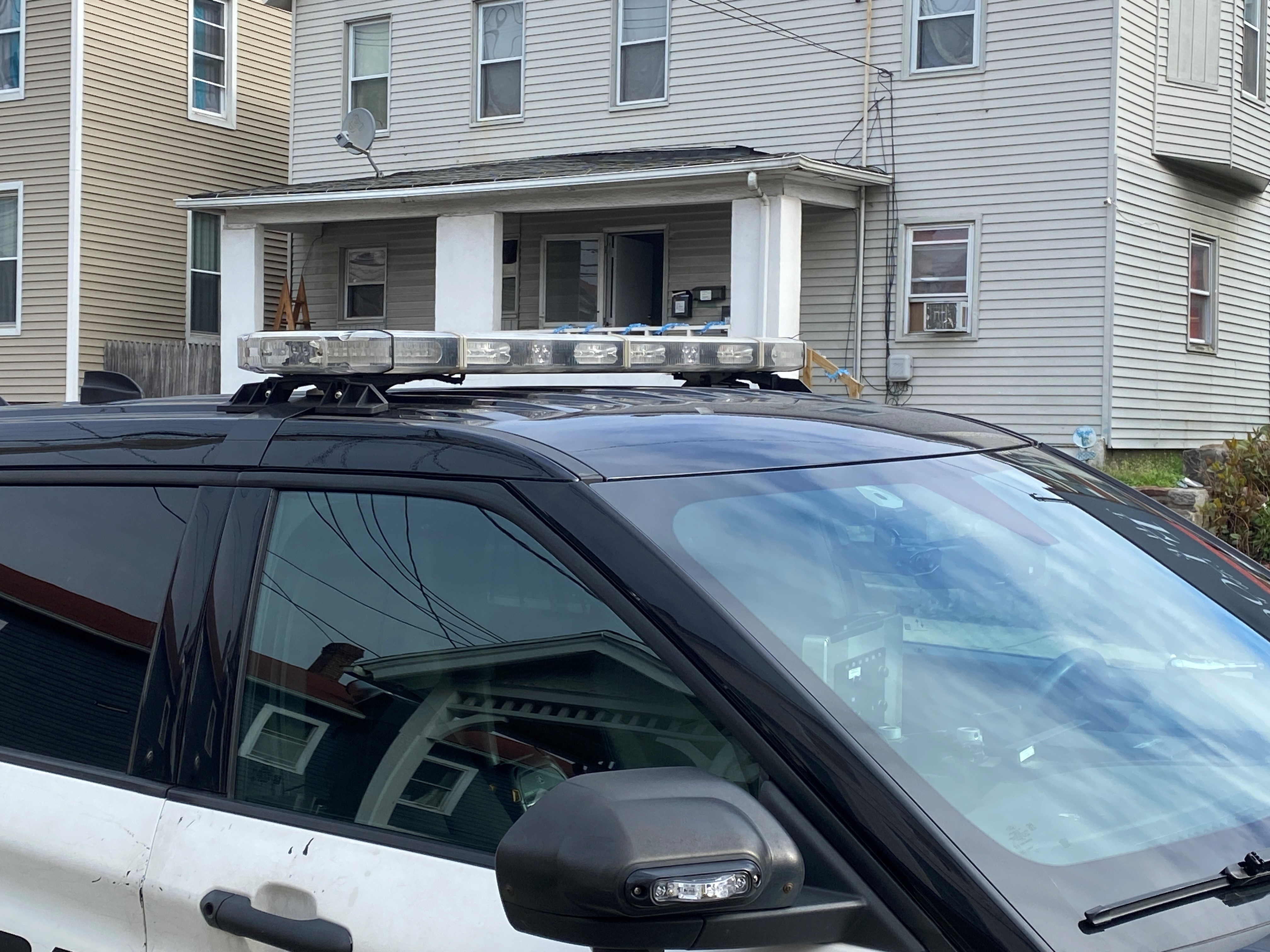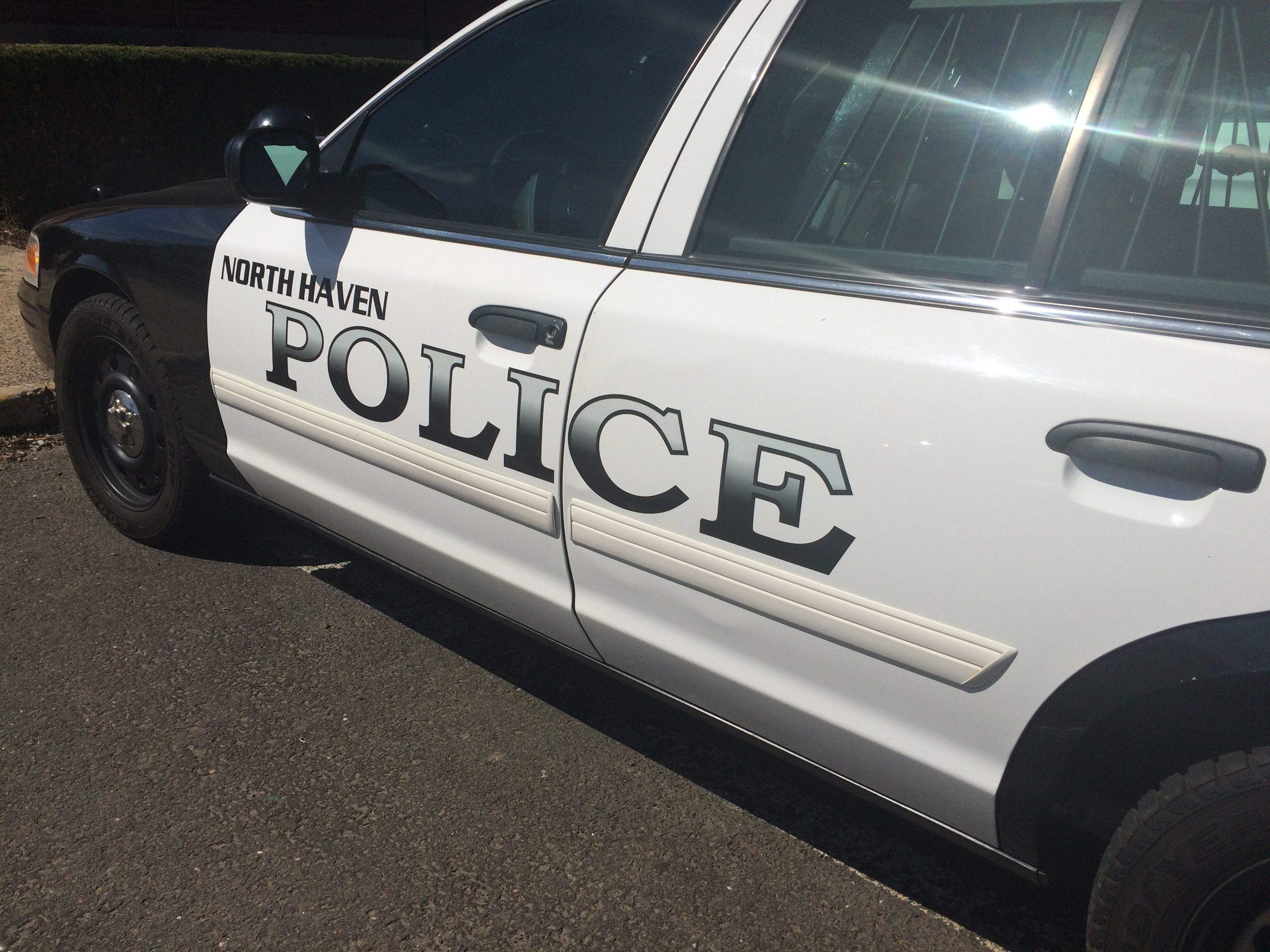Police are looking into the possibility of criminal charges against the Stamford woman whose chimp attacked another woman this week. At the same time, state officials and enviromental groups are calling for an end to wild pets in Connecticut.
Sandra Herold's 200-pound chimp Travis mauled Charla Nash, 55, leaving her in critical condition.
A pet owner can be held criminally responsible if he or she knew or should have known that an animal was a danger to others.
As police decide what to do, state officials and other groups are considering change state law.
Attorney General Richard Blumenthal called existing state law lax and wants to ban people from having potentially dangerous wild and exotic animals.
The way state law reads now, a limited group of animals are banned, including tigers, bears and wolves.
The state DEP can allow people to have almost all other wild animals as a pet, Blumenthal said.
“Keeping exotic animals like chimpanzees, poisonous snakes or crocodiles in residential settings plays Russian Roulette with public safety,” Blumenthal said. “I call for a legislative prohibition -- not permits -- for potentially dangerous exotic animals.”
He is calling on state leaders to change the law.
“The horrific recent incident in Stamford -- causing very brutal, life-altering injuries -- spurred significant questions to my office about whether the keeping of a chimpanzee by a private citizen is illegal,” Blumenthal said. “Current state law contains no meaningful standards regarding the keeping of many such potentially dangerous wild animals including primates -- whose potential for violence can be very uncertain.”
An environmental group wants the state to pass a new law that bans people from owning large primates.
Gina McCarthy, commissioner of the Department of Environmental Protection, said the public, police and animal control officers should report any large primates currently being kept as pets.
State law requires that primates weighing more than 50 pounds to be registered with the state.
Local
DEP spokesman Dennis Schain said the state exempted Travis because it did not appear to present a public health risk and was owned before registration requirement began.
Her request for a new law comes two days after police in Stamford shot and killed the 14-year-old chimpanzee that viciously mauled its owner's longtime friend.
The Humane Society of the United States is working on national legislation. It is calling for support of the Captive Primate Safety Act, which prohibits interstate and foreign sales of primates as pets.
The bill, introduced Jan. 6, adds monkeys, great apes and lemurs to the definition of “prohibited wildlife species.”
On Feb. 4, that bill went to the Subcommittee on Insular Affairs, Oceans and Wildlife.
The Humane Society says about 15,000 monkeys and other primates are in private hands in the United States.



